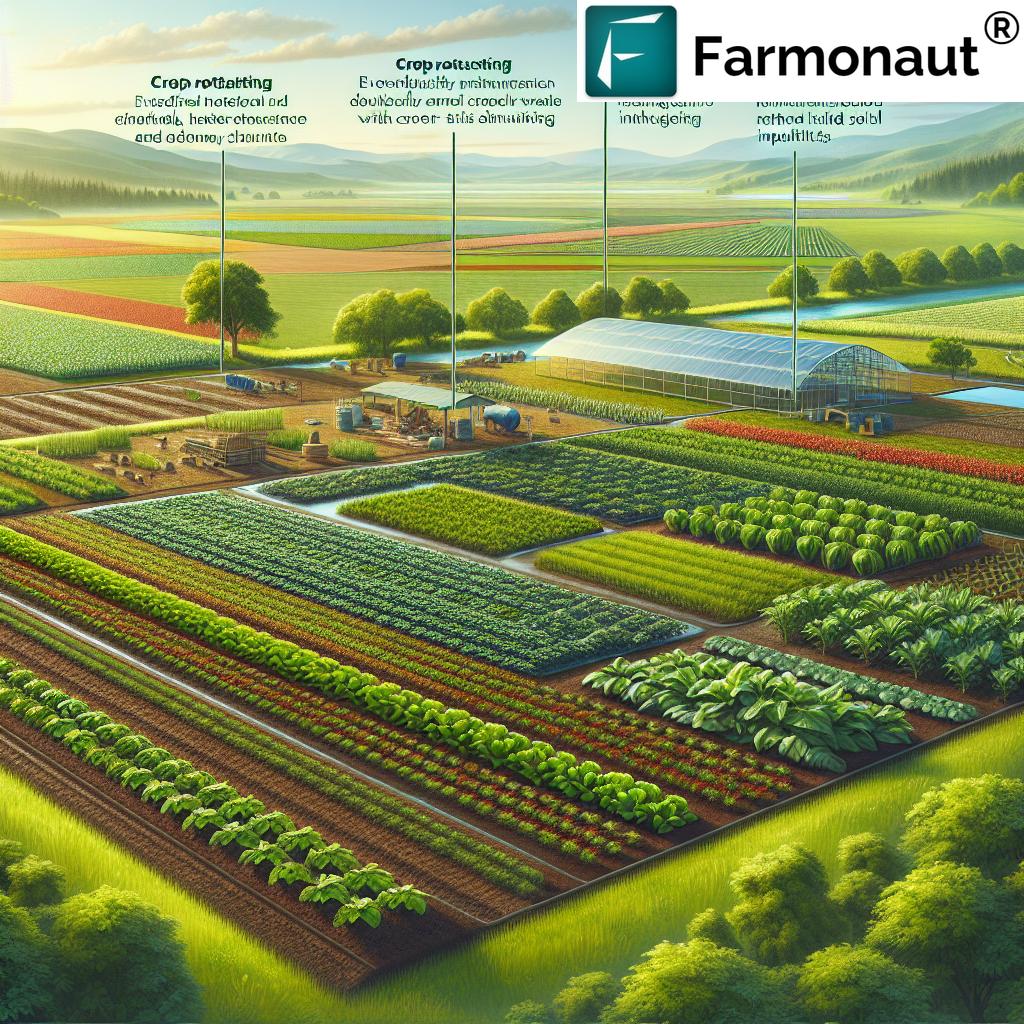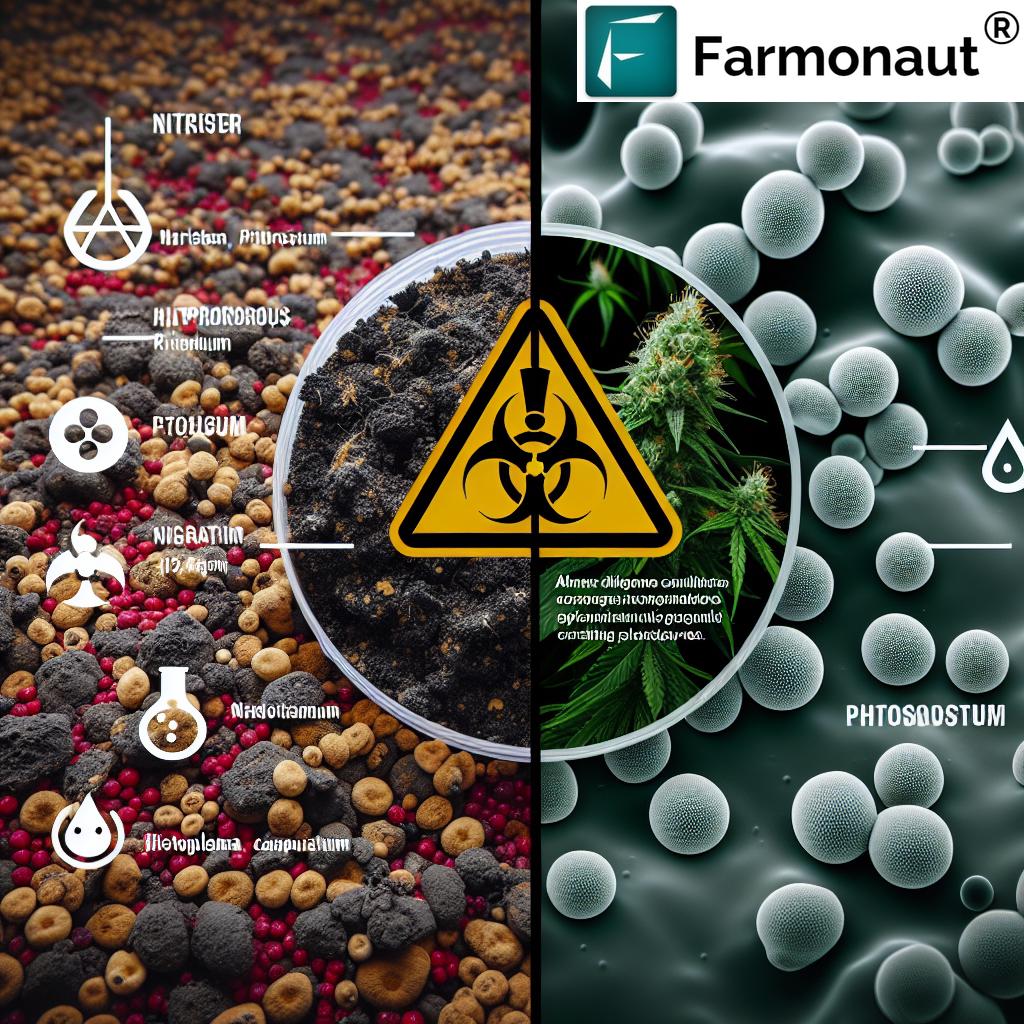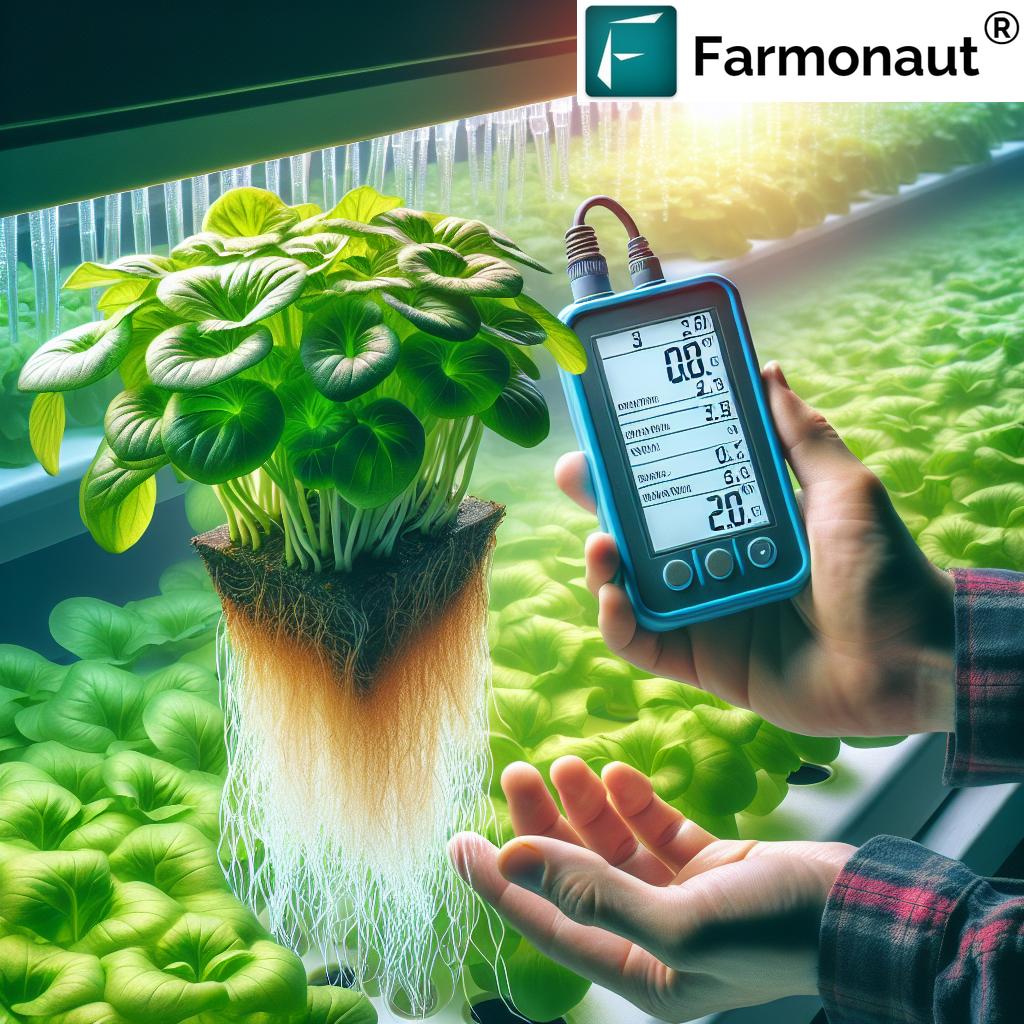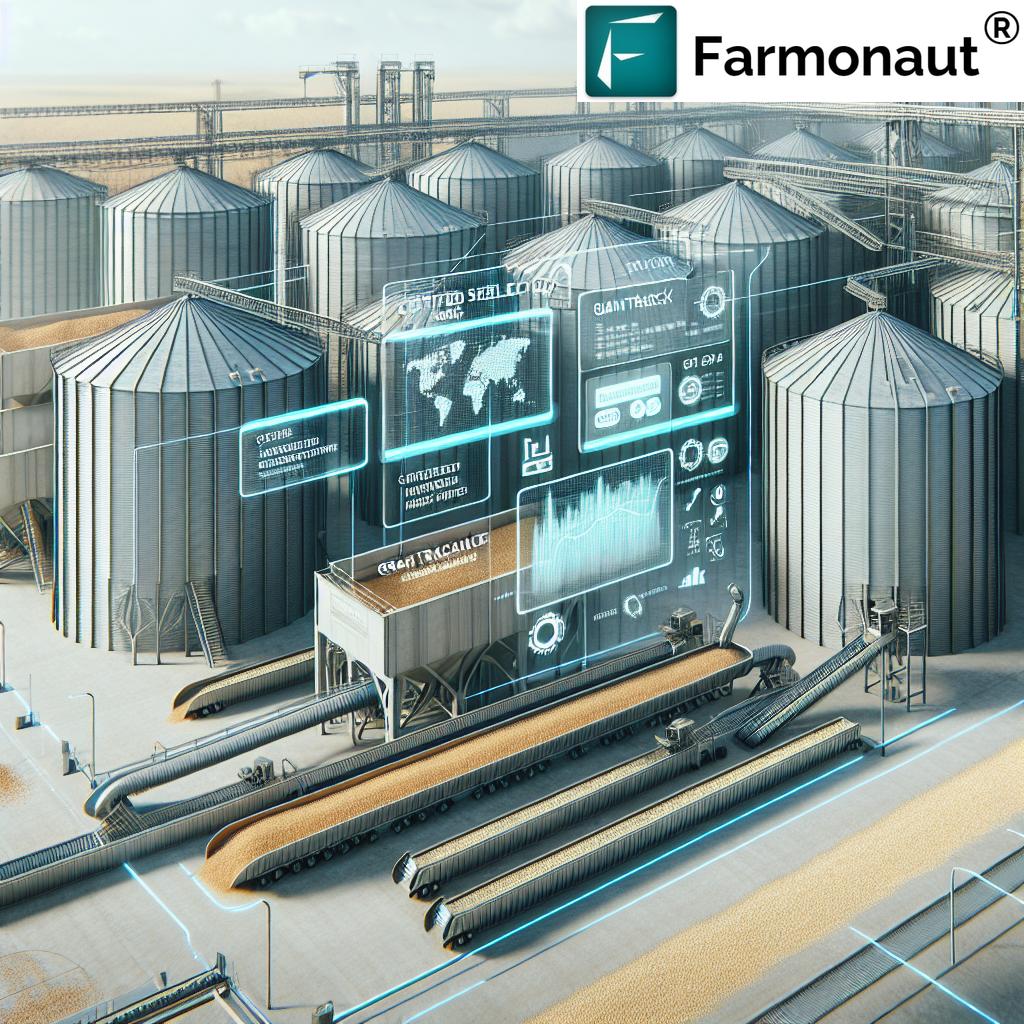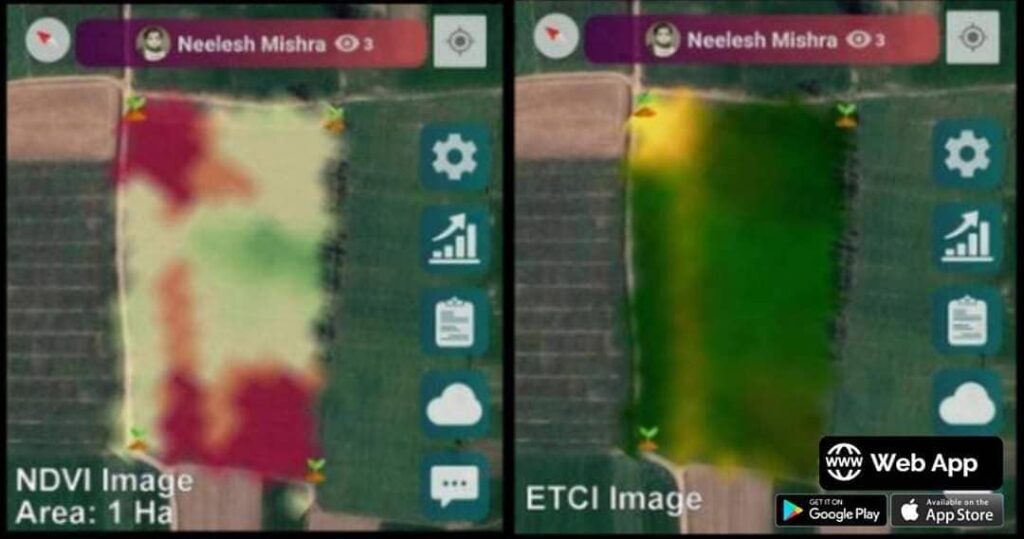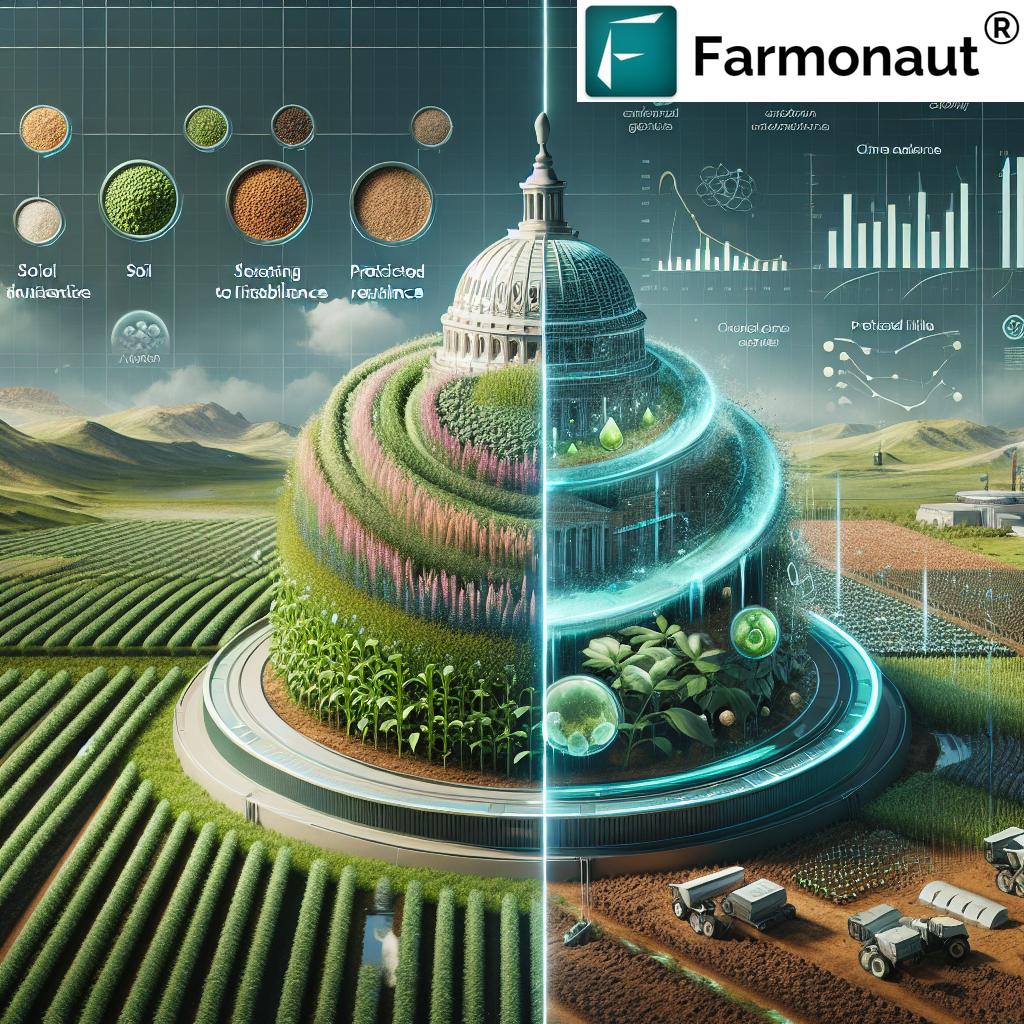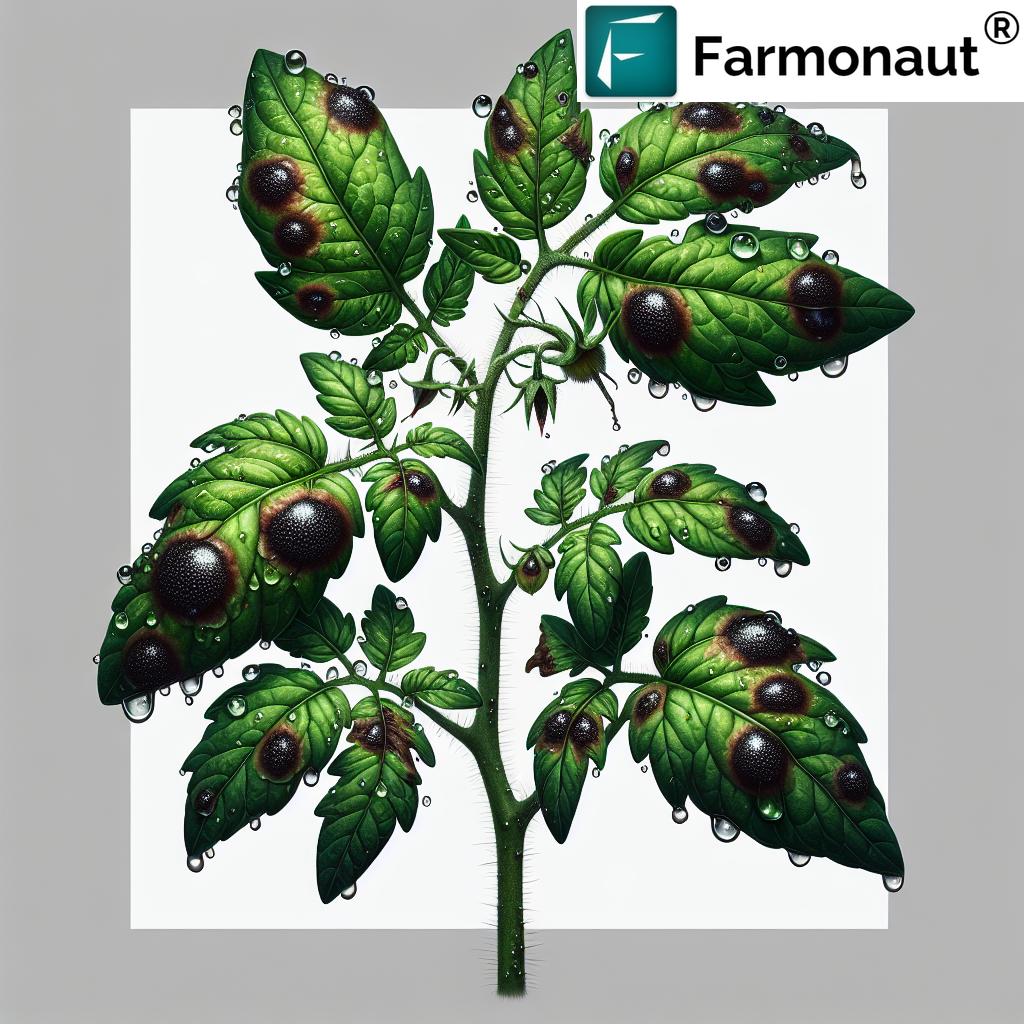Unlocking Value: Expert Guide to Used Farm Equipment Auctions and Financing Options
“Online farm equipment auctions have grown by 50% in the past 5 years, revolutionizing agricultural machinery marketplaces.”
Welcome to our comprehensive guide on used farm equipment auctions and financing options. In this blog post, we’ll explore the latest trends in the agricultural machinery marketplace and how innovative technologies like Farmonaut’s satellite-based crop monitoring solutions are transforming the industry. Whether you’re a seasoned farmer looking to upgrade your equipment or a newcomer to the agricultural sector, this guide will provide valuable insights into navigating the world of used farm equipment.
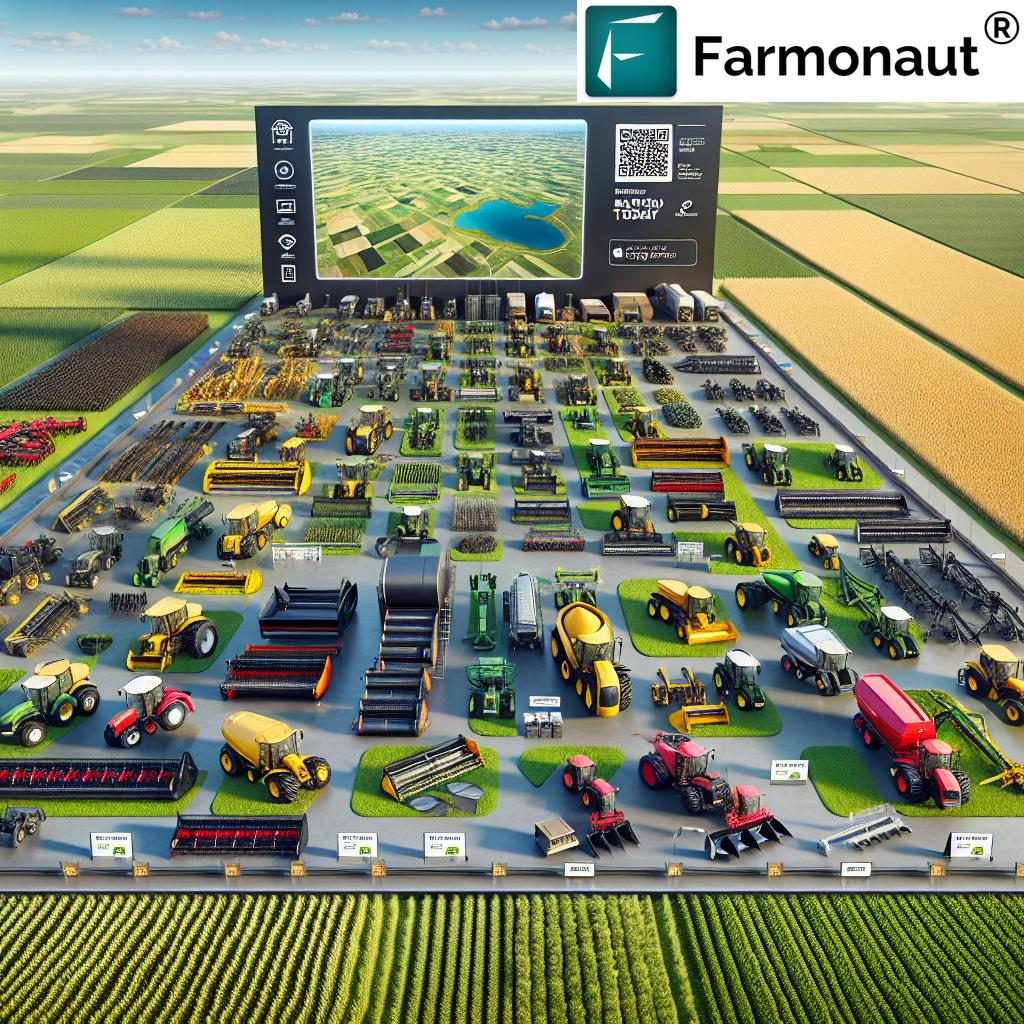
The Evolution of Agricultural Machinery Marketplaces
The landscape of used farm equipment for sale has undergone significant changes in recent years. With the advent of online platforms and advanced technologies, farmers now have access to a wider range of options when it comes to purchasing agricultural machinery. Let’s delve into some of the key developments:
- Online Auctions: Agricultural equipment auctions have moved into the digital realm, allowing farmers to bid on machinery from the comfort of their homes or fields.
- Digital Marketplaces: Tractor and implement listings are now readily available on various online platforms, making it easier to compare prices and specifications.
- Satellite-Based Insights: Companies like Farmonaut are leveraging satellite technology to provide valuable data on crop health and equipment utilization, helping farmers make informed decisions about their machinery needs.
As we navigate this evolving landscape, it’s crucial to understand how these changes impact the way we approach used farm equipment purchases and financing options.
The Rise of Online Farm Equipment Auctions
Online farm equipment auctions have revolutionized the way farmers acquire machinery. These digital platforms offer several advantages:
- Wider Selection: Access to a vast array of equipment from various locations.
- Competitive Pricing: The ability to compare prices across different auctions and sellers.
- Convenience: Participate in auctions without the need for travel.
- Transparency: Detailed equipment histories and condition reports are often available.
When participating in online auctions, it’s essential to research thoroughly and set a budget. Many platforms offer farm equipment price estimators to help you gauge the fair market value of the machinery you’re interested in.
Navigating Tractor and Implement Listings
When browsing tractor and implement listings, consider the following factors:
- Age and Hours: Check the equipment’s age and the number of hours it has been used.
- Maintenance History: Look for detailed service records and any major repairs.
- Brand Reputation: Research the reliability and parts availability for the brand you’re considering.
- Compatibility: Ensure the equipment is compatible with your existing machinery and farming practices.
Remember, while older models may be more affordable, they might lack the advanced features of newer equipment. Balance your budget with your operational needs when making a decision.
Farm Equipment Financing Options
Financing used farm equipment can be a complex process, but understanding your options can help you make the best decision for your operation. Here are some common financing methods:
- Bank Loans: Traditional loans from agricultural lenders or banks.
- Equipment Dealer Financing: Many dealers offer in-house financing options.
- Farm Credit System: Specialized lenders focused on agricultural financing.
- USDA Farm Service Agency Loans: Government-backed loans for eligible farmers.
- Leasing: An alternative to purchasing, allowing for lower upfront costs.
When exploring farm equipment financing options, consider factors such as interest rates, loan terms, and any potential tax implications. It’s also wise to have a clear understanding of your farm’s cash flow and long-term financial goals.
“Satellite-based crop monitoring can improve equipment utilization efficiency by up to 30% for modern farmers.”
The Role of Technology in Equipment Selection
Advanced technologies are playing an increasingly important role in farm equipment selection and utilization. Farmonaut’s satellite-based crop monitoring solutions, for example, provide valuable insights that can inform equipment decisions:
- Crop Health Monitoring: Identify areas that may require specialized equipment for treatment or harvesting.
- Field Mapping: Optimize equipment selection based on accurate field size and topography data.
- Yield Estimation: Plan for appropriate harvesting equipment based on projected yields.
By leveraging these technologies, farmers can make more informed decisions about the types of equipment they need and how to utilize them most effectively.

Types of Agricultural Machinery to Consider
When exploring used farm equipment for sale, you’ll encounter a wide variety of machinery types. Here’s an overview of some key categories:
- Tractors: The backbone of most farming operations, available in various sizes and power ratings.
- Harvesting Equipment: Includes combines, pickers, and other crop-specific harvesters.
- Planting and Seeding Machinery: Essential for efficient crop establishment.
- Tillage Equipment: Used for soil preparation and management.
- Hay and Forage Equipment: Includes balers, mowers, and rakes for livestock feed production.
- Sprayers and Applicators: Used for applying fertilizers, pesticides, and other treatments.
- Grain Handling Systems: Equipment for storing, drying, and transporting grain.
- Specialty Crop Tools: Machinery designed for specific crops like fruits, vegetables, or nuts.
When considering used equipment in these categories, pay close attention to the specific features and capabilities that align with your farming needs.
Evaluating Used Farm Equipment Condition
When participating in agricultural equipment auctions or browsing online farm equipment listings, it’s crucial to accurately assess the condition of the machinery. Here are some key factors to consider:
- Visual Inspection: Look for signs of wear, rust, or damage. Pay special attention to critical components.
- Operational Testing: If possible, run the equipment to check for smooth operation and any unusual noises.
- Maintenance Records: Review service history to ensure regular maintenance has been performed.
- Fluid Analysis: For engines and hydraulic systems, fluid analysis can provide insights into internal wear.
- Technology Features: Check that all electronic systems and advanced features are functioning correctly.
- Tire Condition: For mobile equipment, assess tire wear and potential replacement costs.
Remember, while used equipment can offer significant cost savings, it’s essential to factor in potential repair or upgrade costs when evaluating the overall value.
Shipping and Transportation Considerations
Once you’ve secured your used farm equipment through an auction or direct sale, you’ll need to consider shipping and transportation options. Here are some key points to keep in mind:
- Distance: The distance between the seller and your farm will significantly impact shipping costs.
- Equipment Size: Oversized machinery may require special permits or transportation methods.
- Timing: Plan for potential delays, especially during peak farming seasons when transport services may be in high demand.
- Insurance: Ensure the equipment is properly insured during transit.
- Preparation: Some equipment may need to be partially disassembled for safe transport.
Many auction houses and online marketplaces offer shipping services or can recommend reliable transportation providers. Be sure to factor in these costs when budgeting for your equipment purchase.
Leveraging Technology for Equipment Management
Modern farm management goes beyond simply acquiring equipment. Integrating technology into your operations can help maximize the value of your machinery investments. Farmonaut’s satellite-based solutions offer several benefits in this regard:
- Equipment Utilization Tracking: Monitor how efficiently your machinery is being used across your fields.
- Maintenance Scheduling: Use data-driven insights to optimize maintenance timing and reduce downtime.
- Field-Specific Equipment Needs: Tailor your equipment usage based on real-time crop health and soil condition data.
- ROI Analysis: Evaluate the performance and cost-effectiveness of your equipment investments over time.
By leveraging these technological tools, you can make more informed decisions about when to upgrade or replace equipment, ultimately improving your farm’s overall efficiency and profitability.
Understanding Farm Equipment Loans
When considering farm equipment financing options, it’s essential to understand the specifics of farm equipment loans. These loans are designed to help farmers purchase necessary machinery without depleting their working capital. Here are some key points to consider:
- Loan Terms: Farm equipment loans typically range from 3 to 7 years, depending on the equipment’s expected lifespan.
- Interest Rates: Rates can be fixed or variable, often influenced by factors like credit score and loan duration.
- Down Payments: Many lenders require a down payment, usually ranging from 10% to 20% of the equipment’s value.
- Collateral: The equipment itself often serves as collateral for the loan.
- Tax Implications: Interest paid on farm equipment loans may be tax-deductible; consult with a tax professional for specifics.
When applying for a farm equipment loan, be prepared to provide detailed financial information about your operation, including income statements, balance sheets, and cash flow projections.
Specialty Equipment for Niche Farming Operations
While tractors and harvesters are common in most farming operations, specialty crops and unique farming methods often require specialized equipment. When exploring used farm equipment for sale, consider these niche categories:
- Orchard and Vineyard Equipment: Pruning machines, fruit harvesters, and specialized sprayers.
- Precision Agriculture Tools: GPS-guided systems, drones, and sensor technologies.
- Organic Farming Equipment: Flame weeders, compost turners, and specialized cultivators.
- Greenhouse and Hydroponics Systems: Climate control systems, irrigation equipment, and grow lights.
- Livestock Handling Equipment: Chutes, sorting systems, and automated feeding systems.
When purchasing specialized equipment, it’s crucial to consider not only the initial cost but also the long-term value it will bring to your operation. Farmonaut’s satellite-based crop monitoring can help you assess the potential impact of these investments on your overall farm productivity.
The Future of Farm Equipment: Trends to Watch
As we look to the future of agricultural machinery, several trends are shaping the industry:
- Autonomous Equipment: Self-driving tractors and robotic harvesters are becoming increasingly common.
- Electric and Hybrid Machinery: More environmentally friendly options are entering the market.
- IoT Integration: Equipment with built-in sensors and connectivity for real-time monitoring and data collection.
- Modular Design: Machinery that can be easily adapted for different tasks throughout the growing season.
- AI-Powered Decision Support: Advanced systems that help optimize equipment usage based on crop and soil data.
When considering used farm equipment, it’s worth evaluating how these trends might impact the long-term value and utility of your purchases.
Maximizing ROI on Used Farm Equipment
To ensure you’re getting the best value from your used farm equipment investments, consider these strategies:
- Regular Maintenance: Implement a rigorous maintenance schedule to extend equipment life and prevent costly breakdowns.
- Strategic Upgrades: Consider aftermarket upgrades that can improve efficiency or add new capabilities to older equipment.
- Precision Agriculture Integration: Utilize tools like Farmonaut’s satellite-based crop monitoring to optimize equipment usage and reduce waste.
- Equipment Sharing or Renting: For seldom-used specialized equipment, consider sharing arrangements with neighboring farms or renting when needed.
- Resale Planning: When purchasing, consider equipment with strong resale value to maximize return when it’s time to upgrade.
By approaching your equipment investments strategically and leveraging modern technologies, you can significantly enhance the value you derive from used farm machinery.
Used Farm Equipment Price Comparison
| Equipment Type | Average Used Price Range | Typical Age Range | Common Brands | Auction vs. Direct Sale Price Difference |
|---|---|---|---|---|
| Tractors (100-150 HP) | $30,000 – $80,000 | 5-15 years | John Deere, Case IH, New Holland | 10-20% lower at auction |
| Combines | $50,000 – $200,000 | 7-20 years | John Deere, Case IH, CLAAS | 15-25% lower at auction |
| Balers | $10,000 – $40,000 | 5-15 years | New Holland, John Deere, Vermeer | 5-15% lower at auction |
| Sprayers | $20,000 – $100,000 | 5-12 years | John Deere, Case IH, Apache | 10-20% lower at auction |
This table provides a general overview of used farm equipment prices. Keep in mind that actual prices can vary significantly based on factors such as equipment condition, local market demand, and specific features.
Farmonaut’s Role in Modern Agriculture
While Farmonaut is not directly involved in the sale or manufacture of farm equipment, its advanced satellite-based crop monitoring solutions play a crucial role in modern agriculture. By providing real-time insights into crop health, soil conditions, and field performance, Farmonaut helps farmers make more informed decisions about equipment utilization and investment.
Here’s how Farmonaut’s technology can benefit farmers in the context of equipment management:
- Optimized Equipment Usage: By providing detailed field maps and crop health data, Farmonaut helps farmers determine the most efficient use of their machinery.
- Precision Agriculture Support: Farmonaut’s data can be integrated with precision farming equipment to enable variable rate applications and targeted treatments.
- Long-term Planning: Historical data and yield predictions can inform decisions about future equipment needs and investments.
- Resource Efficiency: By highlighting areas that require attention, Farmonaut helps reduce unnecessary equipment passes and resource waste.
To learn more about how Farmonaut can enhance your farming operations, explore their services through the following links:

Mobile Apps:


Conclusion
Navigating the world of used farm equipment auctions and financing options can be complex, but with the right knowledge and tools, it can also be incredibly rewarding. By leveraging online marketplaces, understanding financing options, and integrating advanced technologies like Farmonaut’s satellite-based crop monitoring, farmers can make informed decisions that optimize their operations and improve their bottom line.
Remember, the key to success in modern agriculture lies not just in the equipment you own, but in how efficiently you use it. By staying informed about market trends, embracing technological advancements, and making strategic investments, you can position your farm for long-term success in an ever-evolving industry.
FAQ Section
Q: What are the advantages of buying used farm equipment?
A: Used farm equipment often offers significant cost savings compared to new machinery. It can also provide access to high-quality equipment that might be out of budget when purchased new. Additionally, used equipment typically depreciates less rapidly than new equipment.
Q: How can I finance used farm equipment?
A: There are several financing options available, including bank loans, equipment dealer financing, Farm Credit System loans, USDA Farm Service Agency loans, and leasing arrangements. The best option depends on your specific financial situation and the equipment you’re purchasing.
Q: What should I look for when inspecting used farm equipment?
A: Key factors to consider include the overall condition, maintenance history, hours of use, any signs of wear or damage, and the functionality of all components. It’s also important to check for any updated technology or safety features that might be missing in older models.
Q: How can satellite-based crop monitoring help with equipment management?
A: Satellite-based solutions like those offered by Farmonaut can provide valuable insights into crop health and field conditions. This information can help optimize equipment usage, inform decisions about machinery needs, and improve overall farm efficiency.
Q: Are online farm equipment auctions reliable?
A: Many online auctions are run by reputable companies and can be reliable sources for used equipment. However, it’s important to do your due diligence, carefully read all auction terms and conditions, and thoroughly inspect or research any equipment before bidding.





